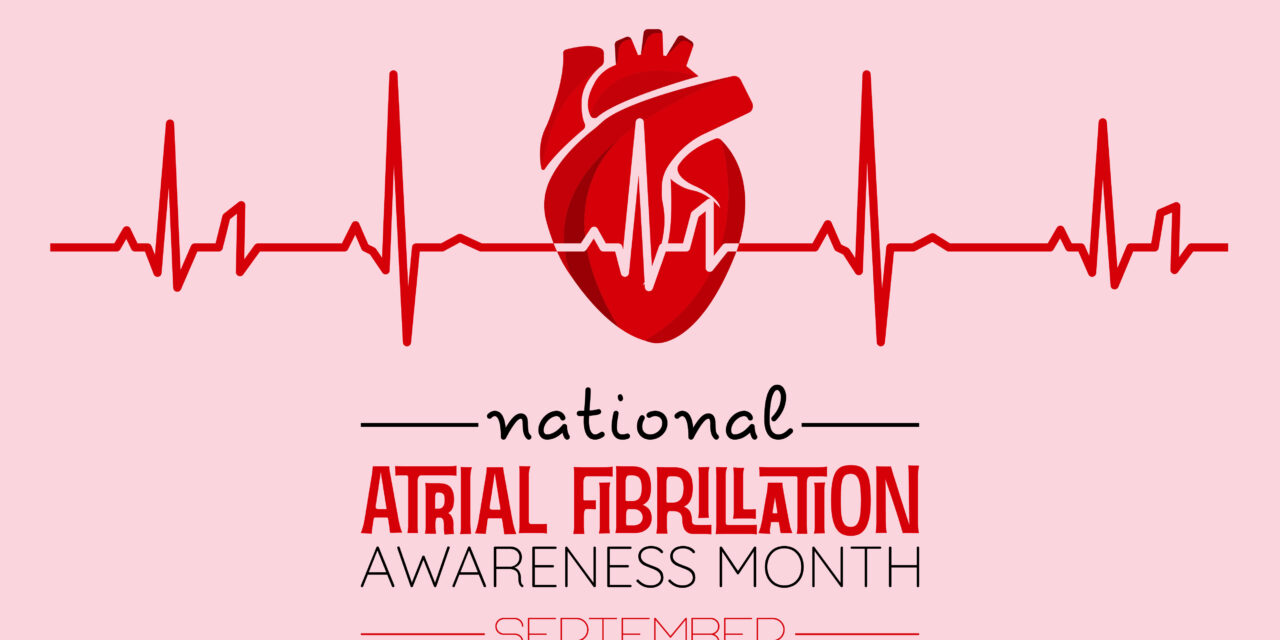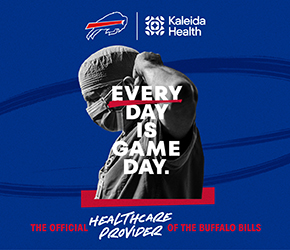Don’t Ignore Irregular Heartbeats

Atrial fibrillation (also called AFib) is an irregular heartbeat that can lead to blood clots, stroke, heart failure, and other heart-related complications. In fact, AFib increases your risk of having a stroke by up to five times. Up to 84% of strokes caused by AFib could be prevented with effective treatment, but only about half of AFib patients receive proper therapy.
According to the American Medical Association, about 2.7 to 6.1 million people live with atrial fibrillation (AFib). However, new research indicates the number could be much higher, with some estimates showing that at least 10.55 million adults in the U.S. have AFib, based on a study published in JACC. This condition, which causes an irregular heartbeat, is the most common type of arrhythmia and is expected to affect over 12 million people by 2030, according to Yale Medicine.
Yale Medicine states that AFib can affect people of all ages, but it is more common in older adults, especially those over 60. While some people with AFib may not have symptoms, others might experience palpitations, dizziness, sweating, faintness, shortness of breath, fatigue, and chest pressure. The most common AFib symptom is a fluttering heartbeat, but many individuals do not experience any symptoms before being diagnosed. It is important for anyone at risk for AFib to talk to their doctors about any unusual sensations they are experiencing regarding their heartbeat.
Several factors can contribute to the development of AFib, according to Johns Hopkins Medicine, including age, heart disease, high blood pressure, diabetes, and obesity. Lifestyle changes, medications, and medical procedures can help manage AFib and lower the risk of complications. The American Stroke Association emphasizes the importance of talking with your doctor about how to stay healthy.











